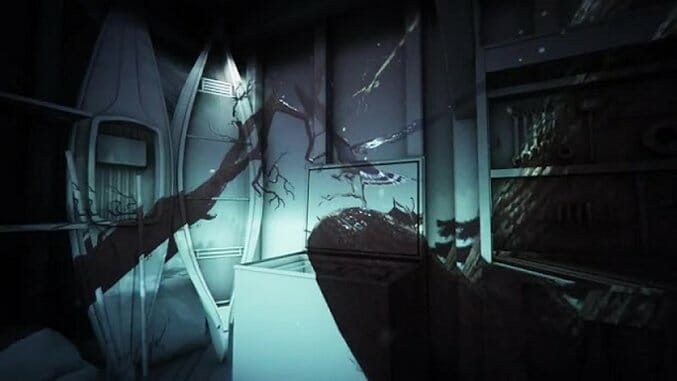An Interview with Composer Jeff Russo of What Remains of Edith Finch

If you’re a fan of hit television shows like FX’s Legion or Fargo you’ve definitely heard the sweeping orchestrations of composer Jeff Russo. Very recently however, Russo made his first foray into video game music after he composed the score for the haunting indie game, What Remains of Edith Finch. Paste Magazine caught up with Russo to talk to him about how his work on Edith Finch, what drew him to the project, and whether shifting gears from TV to videogames was a challenge. How different is composing for a videogame and composing for TV or a movie, really? Read on.
Paste: So, as a musician that works primarily in film and television, I’m curious how you became involved with a video game project like What Remains of Edith Finch.
Russo: Originally, it was brought to my attention and I was brought in for a meeting with the people at Sony because it was originally a game that was being published by Sony [Santa Monica Studios]. And then at some point along the process, it was acquired by Annapurna [Interactive]. But originally I was just asked by Sony’s music person if I was interested in doing videogames and I said, “yeah I guess, depending on the type of videogame.” Because I’m not really a gamer but I do love a good story, and I do love a good narrative. I was told that this particular game (Edith Finch) would be really great so I had a meeting with them and it did turn out that this game had a really interesting story, and a really interesting way to tell a story, and a really interesting way for a game to tell a story.
Paste: Edith Finch is the first time you scored a video game?
Russo: Yes, this is my first try at a video game.
Paste: So are you saying it was the cinematic vision of Edith Finch and also Annapurna’s involvement that interested you in the project in the first place?
Russo: Yeah, I think that, you know, they asked me to make a score in a very narrative way so I really did go about scoring Edith Finch the same way I would a movie. Or the same way I would a cinematic television show. So that was one of the things that really attracted me to the game was its narrative style and how it was going to convey that style.
Paste: So on the flipside of that, were there things you had to change from the typical way you usually compose music for television and film since this was a different medium?
Russo: Well you know I had to think about ways to make pieces of music loop without it being apparent. Because that’s how he videogames work. You know, if you have a three minute piece of music but a person who is playing a videogame doesn’t leave the certain area for more than 3 minutes, music can’t just stop. So, it has to be able to play along with the game so that kind of music implementation into the game, and how to write music around that idea was definitely a shift in process for me. That was basically the only shift in process, that and how long I had to write pieces which was a lot longer lead time.
Paste: After meeting with developers Giant Sparrow, did you and the development team blueprint a vision (hearing?) for how the game will sound?
Russo: Well, my idea was to bring a very sort of emotional storytelling feeling and cinematic feel to the score. And [Giant Sparrow] was very receptive to that idea. So from the original conversation that we had, that sort of ideal never really shifted. Once we talked about it in that way, that was really what we stuck with.